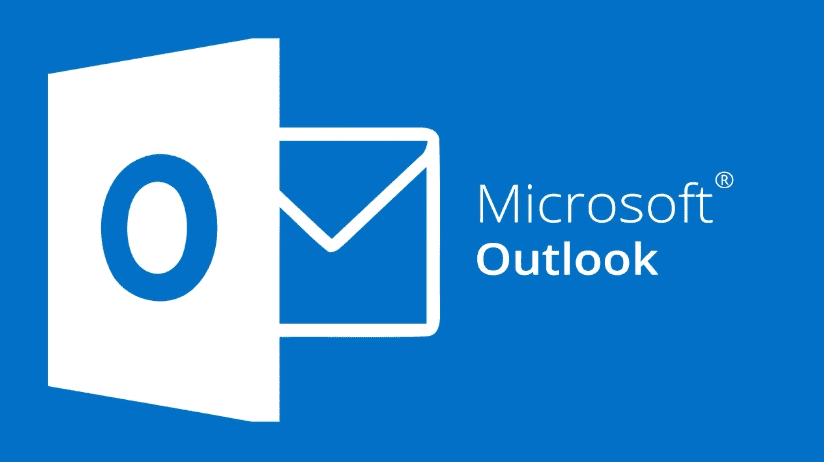A Network Attached Storage (NAS) device offers numerous advantages for local backups, making it an excellent choice for both home and business environments. Here are some key benefits:
- Centralized Storage:
A NAS provides a centralized location for all your data, allowing multiple users and devices to access and store files in one place. This makes it easier to manage and organize your backups compared to using multiple external hard drives. - Accessibility and Convenience:
With a NAS, your backups are easily accessible over your local network. You can access your files from any device connected to the network, providing flexibility and convenience. Many NAS devices also support remote access, allowing you to retrieve your data from anywhere with an internet connection. - Redundancy and Reliability:
Many NAS systems support RAID (Redundant Array of Independent Disks) configurations, which provide data redundancy. If one drive fails, your data remains safe and accessible from the remaining drives. This enhances the reliability of your backups and reduces the risk of data loss. - Scalability:
NAS devices are scalable, allowing you to add more storage capacity as your needs grow. You can start with a few drives and expand as needed, making it a cost-effective solution for growing data storage requirements. - Automated Backups:
NAS devices often come with built-in backup software that automates the backup process. You can schedule regular backups, ensuring your data is consistently protected without manual intervention. - Enhanced Security:
NAS systems can be configured with security features such as encryption, user permissions, and network security protocols. This helps protect your data from unauthorized access and ensures that your backups are secure. - Cost-Effective:
While the initial investment in a NAS may be higher than other backup solutions, it can be more cost-effective in the long run. NAS devices typically have lower operating costs and provide greater value by consolidating multiple functions (backup, file sharing, media streaming) into one device.
In summary, a NAS offers a robust, scalable, and secure solution for local backups. Its centralized storage, accessibility, redundancy, and automation capabilities make it an attractive option for safeguarding your data.


